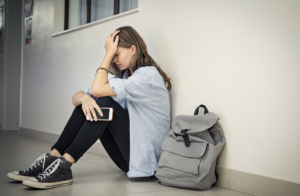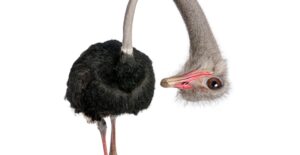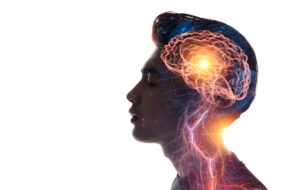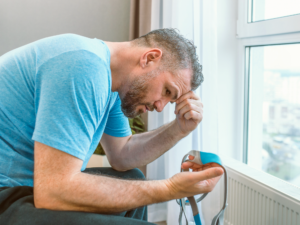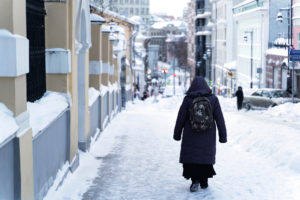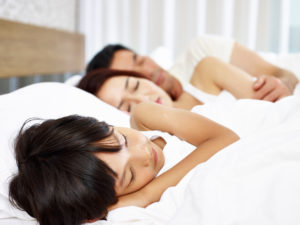Is Cannabis More Effective Than Other Sleep Aids?
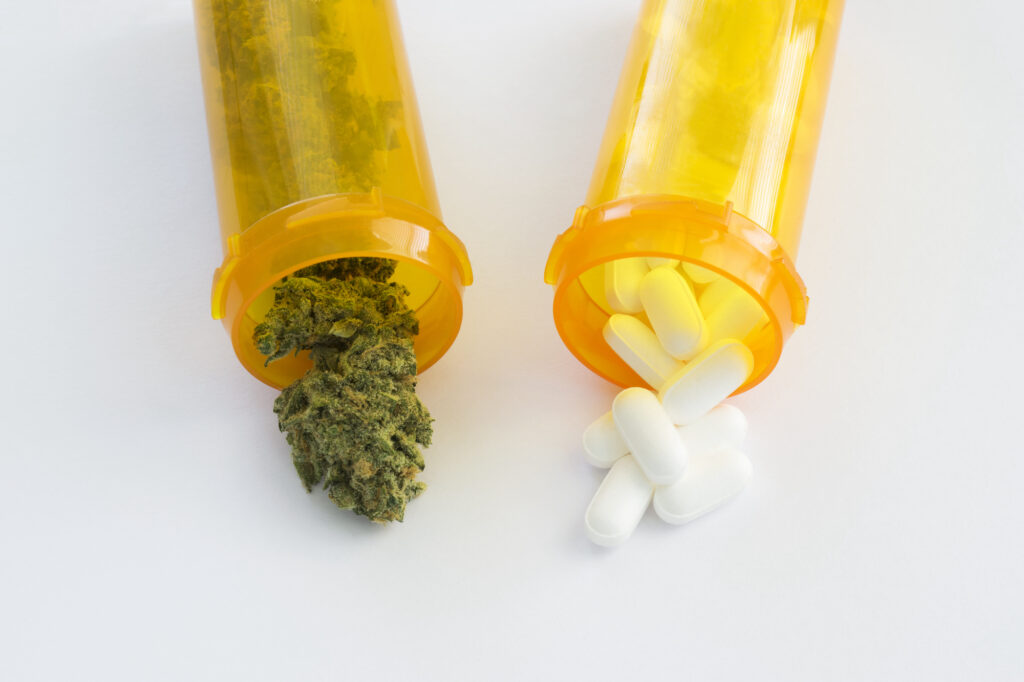
Over a third of adults in the United States don’t get the recommended 7 hours of sleep per night. With all that tossing and turning, over-the-counter (OTC) and prescription medications are popular options for improving sleep.
But more people appear to be turning to cannabis as an alternative sleep aid, according to a new 2023 study published in the journal Exploration of Medicine. Currently, 47 states and the District of Columbia have regulations allowing the medical and/or recreational use of cannabis. Yet, not much is known about its benefits for sleep.
Researchers examined data from an extensive survey done by a Canadian medical marijuana data company on the use of cannabis among people who have problems sleeping. Participants included over 1,200 people who say they use cannabis to help them sleep. Most survey participants reported having sleep issues for over five years, including trouble falling asleep, feeling tired the next day, and waking up at night.
The researchers looked at the survey results to find out how cannabis affects participant’s sleep and how it makes them feel compared to prescription and OTC sleeping pills. They also looked at how the participants use cannabis and the type of cannabis they prefer to help them sleep. Two of the most well-known cannabinoids are tetrahydrocannabinol (THC), the compound that makes you feel high, and cannabidiol (CBD), which has a calming effect but doesn’t make you feel high.
Over 80% said that cannabis helps them sleep by relaxing their mind and body. More than half said it helps them sleep more deeply. Another 42% reported it allows them to sleep longer, and 36% reported it allowed them to sleep without waking. When asked about average sleep hours per night, 63% said they get 6-8 hours when only using cannabis, compared to 20% or less saying the same when using sleep medicines combined with cannabis, sleep medications alone, or no sleep aids.

The survey found that most people prefer to smoke or vape cannabis compared to using oils or edibles. About 79% said they use THC for sleep, more than other forms like CBD or cannabinol (CBN). The majority (82%) said they don’t take any sleep medications currently, though half had used them in the past. People are more likely to use cannabis in place of sleep medications instead of using both at the same time, the study authors noted.
Cannabis can have side effects, including anxiety and irritability. Still, participants feel more focused and relaxed the next morning compared to taking other sleep aids. Sleep medications can come with side effects such as dizziness, daytime drowsiness, and difficulty concentrating or remembering things.
This study adds to the current knowledge about the effectiveness of cannabis as a sleep aid relative to sleep medicines. For example, a 2022 study showed 39% of people stopped their sleep medication after they started using cannabis. And 71% of them said their sleep improved. However, the study authors note that more research is needed, and their findings may help guide future, more objective and controlled studies.
Got a hot tip? Pitch us your story idea, share your expertise with SleepFoundation.org, or let us know about your sleep experiences right here.
References
4 Sources
-
Centers for Disease Control and Prevention. (September 7, 2022) Sleep and Sleep Disorders., Retrieved November 28, 2023 from
https://www.cdc.gov/sleep/index.html -
Stueber A, Cuttler C. (2023). A large-scale survey of cannabis use for sleep: preferred products and perceived effects in comparison to over-the-counter and prescription sleep aids. Exploration of Medicine.
https://www.explorationpub.com/Journals/em/Article/1001171 -
National Conference of State Legislatures. (June 22, 2023) State Medical Cannabis Laws., Retrieved November 28, 2023 from
https://www.ncsl.org/health/state-medical-cannabis-laws -
Vaillancourt, R., Gallagher, S., Cameron, J. D., & Dhalla, R. (2022). Cannabis use in patients with insomnia and sleep disorders: Retrospective chart review. Canadian pharmacists journal.
https://www.ncbi.nlm.nih.gov/pmc/articles/PMC9067069/


